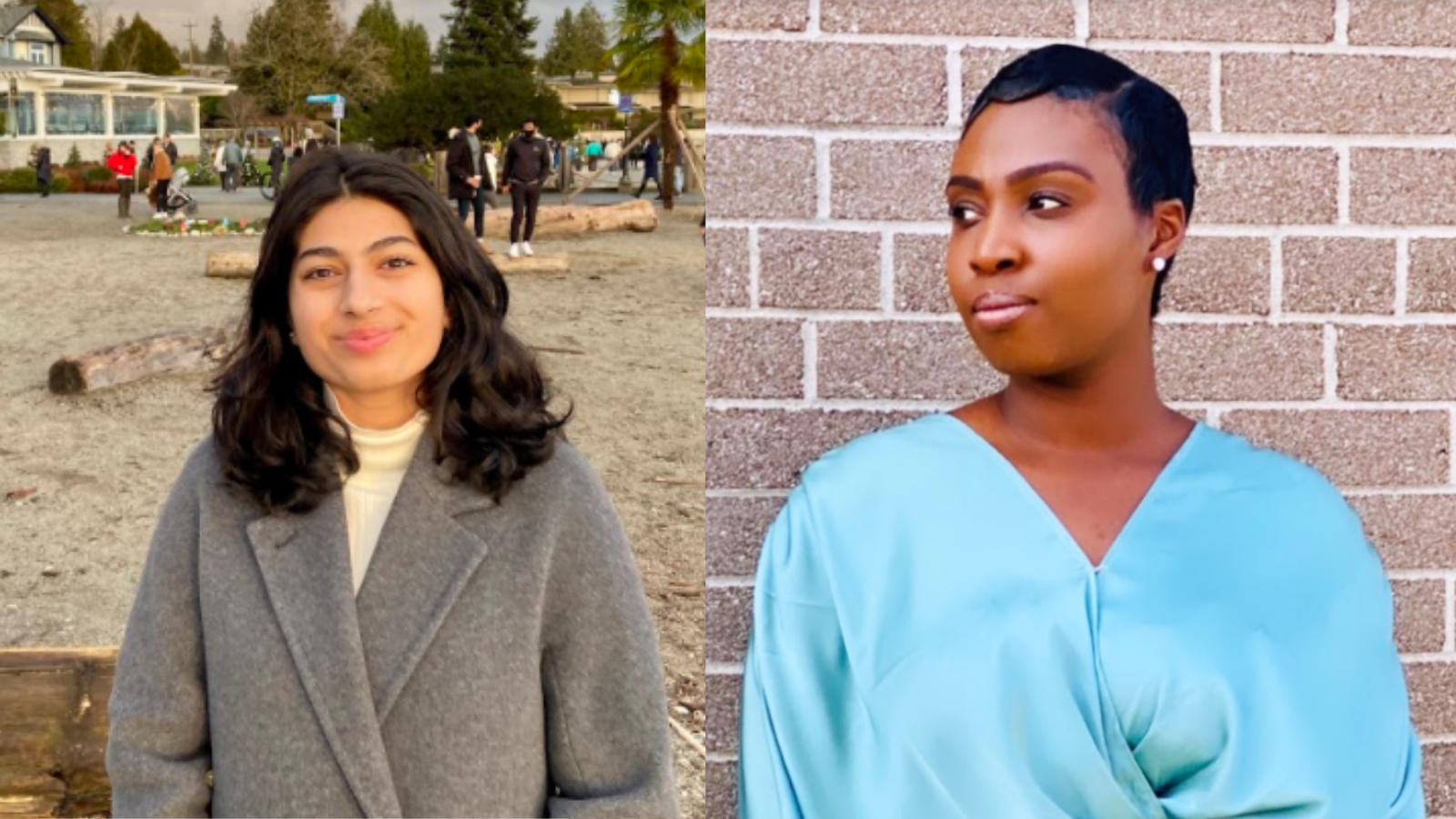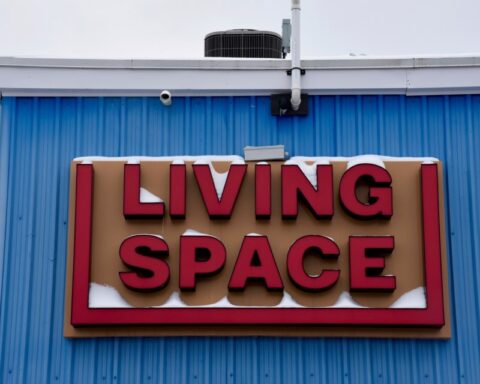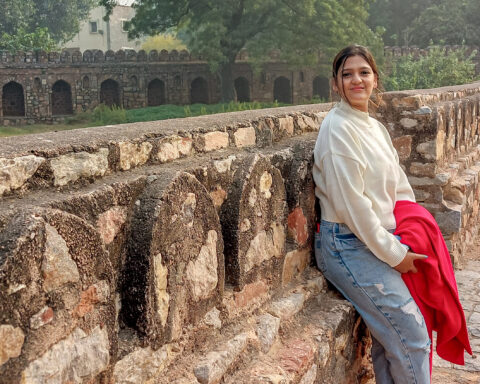Eunice Kays Yeboah remembers the day her Vaughan high school counselor told her, “You shouldn’t take academic courses, you should take more applied courses. College isn’t a bad option.”
Kays recently graduated with a Master of Public Policy from the University of Toronto’s Munk School of Global Affairs and Public Policy. Her strong sense of her own goals and the support of her parents stopped her from following the counselor’s advice. But for many other youths in the Black community, these opinions can have a lasting impact on their future.
Because parents often defer to teachers as the experts, youth may internalize such ideas about their limitations. As their brains are still in the process of developing, they are more susceptible to these beliefs persisting. “When people start to see themselves as what they can’t achieve, then they very well may not achieve those things,” Kays says. “It’s detrimental.”
Witnessing immigrant youth in her North Vancouver high school being made fun of for their accents struck a chord with 17-year-old Anita Movazzafi. Although born in Canada, Movazzafi is well aware of the discrimination her Iranian parents faced when they immigrated.
“I think what racism does is take away confidence when you’re already in a new place starting on a new journey,” she says. “It takes away the confidence even to speak for some youth.” This ultimately prevents newcomer youth from being able to fully immerse themselves in their new environment.
Youth take a proactive stance
Movazzafi was introduced to anti-racism work in 2017 when she participated in the North Shore Multicultural Society’s Neonology Youth Leadership Program. The engaging conversations on racism and anti-oppression inspired her to continue to get involved in other inclusion initiatives in her community.
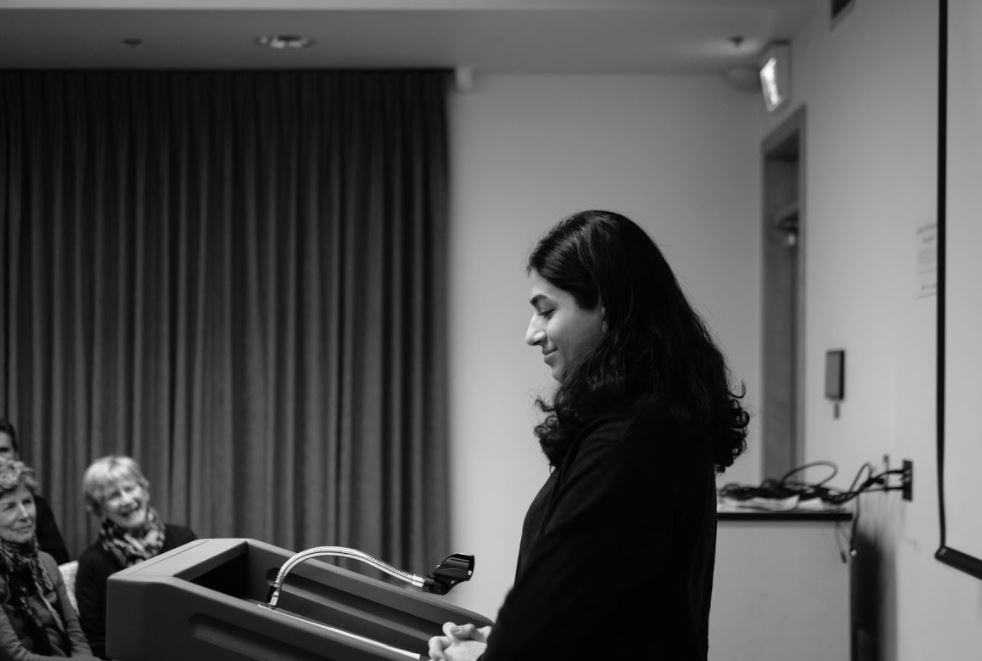
“It’s really important to have these experiences of working against racism in your youth because it’s never too early to start,” Movazzafi says. “If I have the power to take a little bit of action that’s making a little bit of change, I might as well do that.”
Movazzafi is currently a member of the Centre for Diversity and Innovation’s Design Team, which creates innovative events to foster equity and inclusion. She is also the youth representative for the North Shore who spoke of the Resilience BC anti-racism network, designing community protocol to respond to incidents of racism and hate.
Now 28, Kays sees more youth becoming actively involved in their communities, tired of decisions that affect their lives being made without them. She says, “They’re sharing whether or not somebody is ready to listen.”
Kays says even if youth’s recommendations aren’t followed in consultations, it is crucial for them to know their voices have been heard. “The process needs to demonstrate that we hear you, we see you, we’re incorporating what you say,” Kays says, “and if we’re not, we’re telling you exactly what we’re using the information for.”
Already dealing with her own lived experiences of racism, Kays never imagined she would find herself focused on anti-racism policy at this stage of her life. But attending the Harvard Kennedy School’s Black Policy Conference as a student fueled her innate passion for the work. “I was excited at the opportunity,” she says. “But at the back of my mind I was always thinking, why do we have to go to the U.S.? Why can’t we have our own space here in Toronto?”
Kays subsequently co-founded the Toronto Black Policy Conference—now part of the Canadian Black Policy Network—together with Sharnelle Morgan and Anna-Kay Russell, launching her into a career in this area.
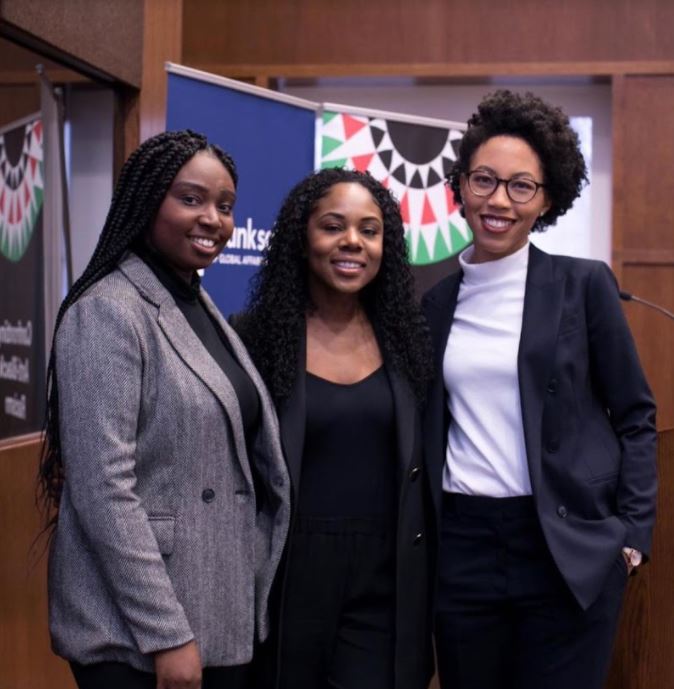
Anti-racism progress in Canada
Looking at over 400 years of exclusion experienced by Black communities in Canada, Kays wants change now. Transforming old institutions founded on racist ideology may require time, but the slow pace of this change is frustrating.
A significant personal challenge for Kays is how to effectively push the envelope from within the system. “I may be identified for example as the loud black woman or the black woman that’s just too opinionated or the black woman who’s always pushing back on what senior management has to say,” she says. “So it’s really that complex relationship between wanting to push for substantial change, but also not wanting to push too much that you get pushed out.”
Movazzafi has seen an increased awareness of racism and its impacts in her community. Her peers are more likely to call out racist comments and think twice before making jokes that might have been told in the past.
Despite these steps forward, Kays believes that Canada as a nation is still playing catch up. “We try to avoid the legal repercussions of racism,” she says. “Rather than actually thinking through the fact that this is a real issue that’s ingrained in our system, in our country, in our communities, in the way that people think.”
“It’s like walking in a neighborhood with a row of five houses and only one house is on fire,” Kays says. “Are you going to ignore that house and say, well the other four houses are important too, so let me go attend to that when the house is literally burning down?”
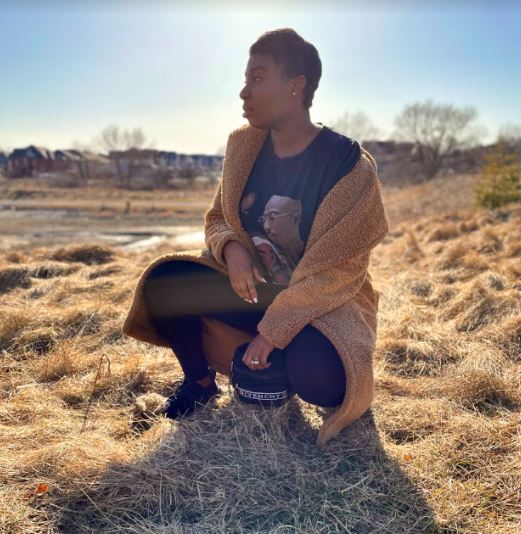
Opportunities for youth to get involved
Kays used to say she would never get into politics. But she now feels a responsibility to use her voice in these spaces for the benefit of future generations.
As someone who started out as a shy college student, she came to this realization, “If I’m silent, I can’t expect somebody else to speak up for me. If I have a voice, then I need to use that voice.”
Her advice for youth who want to get involved in making change is to start with people you know and get curious about how you can contribute to your community. Get involved in extracurricular or volunteer opportunities in your school to help build your confidence and your network. Remember to create a support system in your journey, even if it’s one friend who can just be there to listen.
Similarly, Movazzafi recommends reaching out to community organizations already involved in the work you want to do. “And if you want to start something on your own, I think the best thing to do is just start it,” she says. “Go for it because it’s never too late to start. But also, the sooner you start, the better.”
Read the first piece of this two-part series on youth leaders from diverse communities who are taking a stand against racism.
Daniela Cohen is a freelance journalist and writer of South African origin currently based in Vancouver, B.C. Her work has been published in the Canadian Immigrant, The/La Source Newspaper, the African blog, ZEKE magazine, eJewish Philanthropy, and Living Hyphen. Daniela's particular areas of interest are migration, justice, equity, diversity and inclusion. She is also the co-founder of Identity Pages, a youth writing mentorship program.

